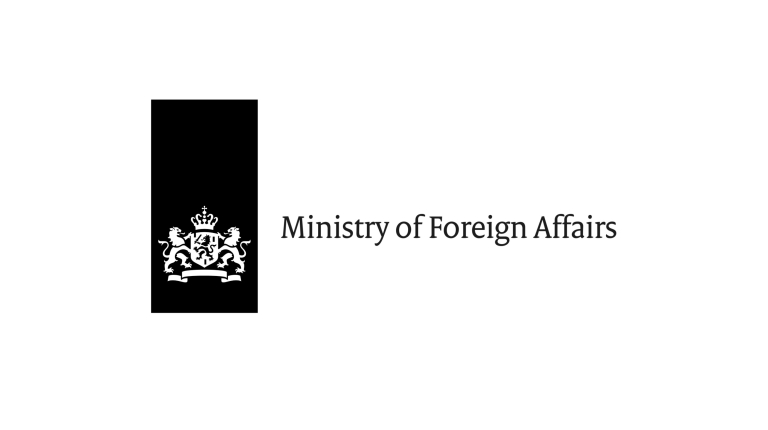Thannal Natural Homes
India | Spaces
In the past, homes in India were designed to adapt to the local climate, using materials that effectively managed heat, cold, and rain. This not only made buildings more resilient but also reduced the the need for excessive energy use and air conditioning. However, in recent times, many urban consumers are gravitating towards more modern but unsustainable building materials like cement and steel.
Thannal Natural Homes is an initiative that aims to revive age-old traditions of building and living. Founded by architects Biju and Sindhu Bhaskar, Thannal promotes Indigenous techniques in construction through art and design projects that champion naturally cooling and locally available materials such as lime, clay and cow dung, alongside natural polymers from plants and animals. They also offer educational workshops and training courses to share their knowledge and practices.
Photo: Thannal.












